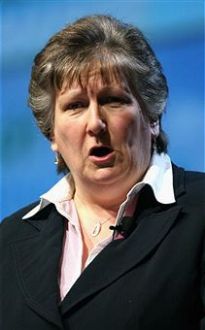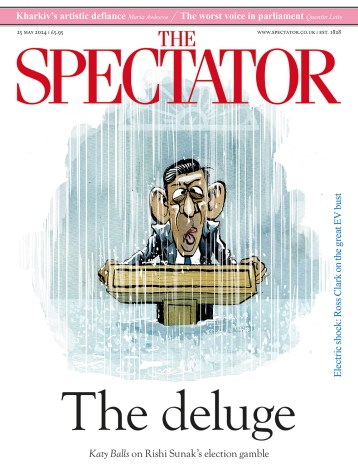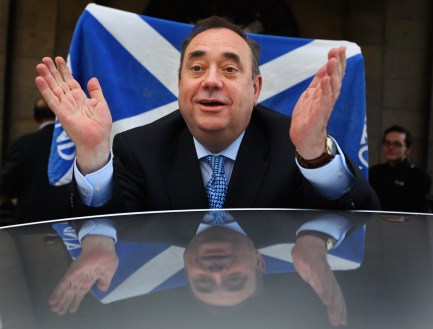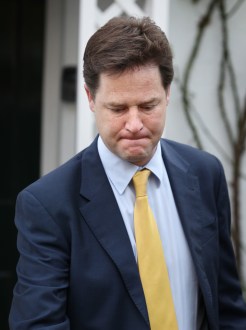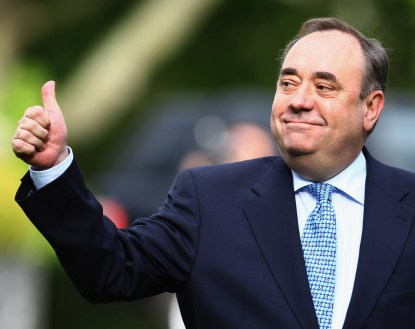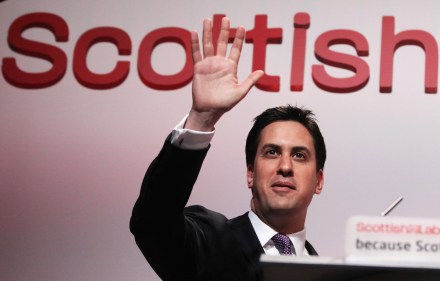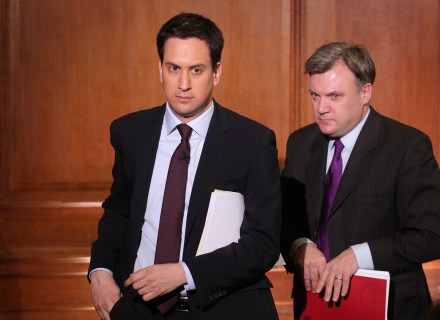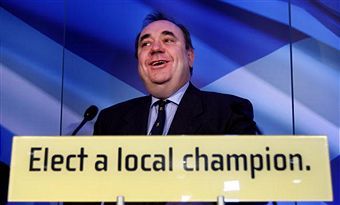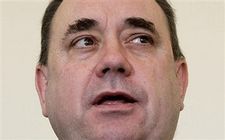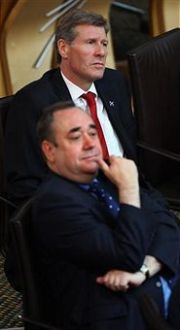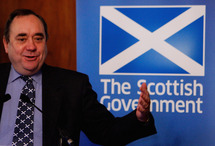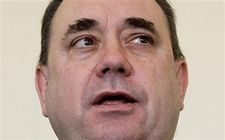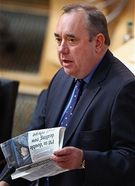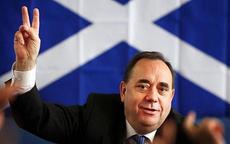A leadership contest might be just what the Scottish Tories need
That’s it, the full house. Alex Salmond has seen off all three main opposition party leaders before the Scottish Parliament has even convened for the first time in this new session. Yesterday afternoon, Scottish Conservative leader Annabel Goldie joined her Labour and Liberal Democrat counterparts (Iain Gray and Tavish Scott) in standing down. The Conservatives did not do quite as badly as either of the other two opposition parties in the election – they went down two seats, from 17 to 15 – and many will see that as the reason Miss Goldie delayed her resignation for a few days, to work out of she could continue. But, in reality,
